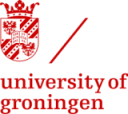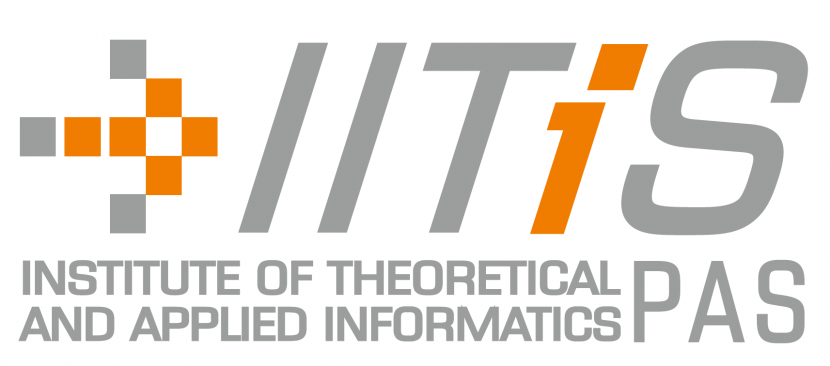Consortium
Centre for Research and Technology Hellas
The Centre for Research and Technology-Hellas (CERTH) is the only research centre in Northern Greece and one of the largest in the country and it was founded in 2000. CERTH serves the project from the position of the project coordinator and focuses on research activities concerning the development of innovation forecasting techniques on data for the purpose of implementing Technical Debt prevention measurements.
Imperial College London
University of Macedonia
University of Groningen
The research group Software Engineering and Architecture of the University of Groningen (RUG) is part of the Johan Bernoulli Institute for Mathematics and Computing Science. RUG is one of the key-players in the Technical Debt community. The group leader of RUG, namely Prof. Paris Avgeriou, is part of the Steering Committee of the Managing Technical Debt Workshop, which is the leading research venue on the field of Technical Debt. RUG contributes in all task that are related to Technical Debt management and in the SDK4ED software architecture, since architecting is among the key competences of the group.
Institute of Communications and Computer Systems
The Institute of Communications and Computer Systems (ICCS) is a non-profit Academic Research Body established in 1989 by the Ministry of Education in order to carry research and development activities in the fields of all diverse aspects of telecommunications and computer systems. ICCS contributes on the specification, analysis and development of the monitors, toolboxes and optimizations for the energy consumption of heterogeneous embedded systems. Through its expertise on energy optimizations it develops mechanisms to optimize energy consumption in respect with the Technical Debt management techniques.
CNet Svenska AB
Airbus DS SAS
Maxeler Technologies Limited
Neurasmus BV
TIOBE Software B.V.
SC HOLISUN SRL
IITiS PAN
The Institute of Theoretical and Applied Informatics of the Polish Academy of Sciences (IITiS PAN) is a scientific institute whose scientific activity is focused in the field of information technology. The Institute also trains advanced technical and scientific staff. Initiates and participates in projects aimed at developing an innovative commercial sector. IITIS PAN is involved in the implementation of the mission of the Polish Academy of Sciences in the field of promotion, integration and dissemination of Polish science.










